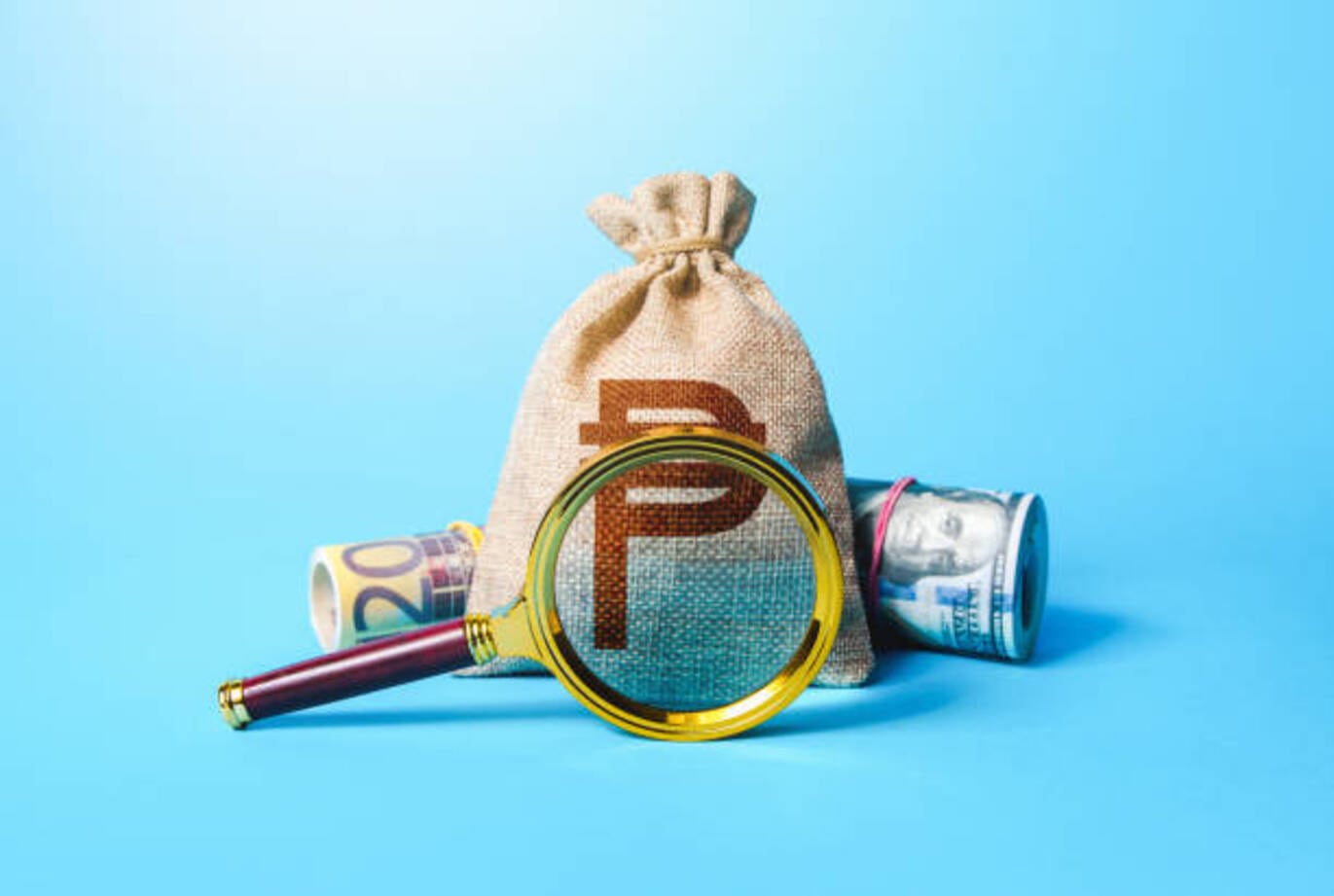Background
The Philippines is one of the fastest-growing economies in Asia globally with its increasing urban development, large young population and a growing middle-class cluster.
The Philippine economy attracts a large range of financial technology or fintech businesses. This refers to companies that offer financial services using modern technology and software to support businesses and individual consumers, especially the Digital payments.
We can see larger fintech solutions and other financing or lending businesses bringing solutions to the Philippines Market, which is not without problems in terms of fraud or illicit finance-related activities.
If your business is involved in the Philippines in any form of financing or lending activities, or fintech solutions, you should be aware of the country’s regulatory frameworks that aim to mitigate various risks to the financial system.
Anti-Money Laundering Policy in the Philippines
Generally, Money laundering is the illegal process of making large amounts of money generated by criminal activity, such as drug trafficking or terrorist funding, appear to have come from a legitimate source. The money from the criminal activity is considered dirty, and the process “launders” it to make it look clean.
The Anti-Money Laundering Act (AMLA) of 2001 or RA 9160 criminalizes also unlawful activities such as graft and corrupt practices, fraudulent practices, robbery and extortion, swindling and plunder, amongst other activities.
Under the Philippines regulations. Some businesses are required to comply with the anti-money laundering regulations, including:
- Banks, trust entities, and other institutions regulated by the Bangko Sentral ng Pilipinas (BSP)
- Insurance companies
- Brokers, salespeople and investment agents
- Closed-end investment and pre-need companies (e.g., memorial chapels, schools)
- Money changers, payment, remittance and transfer companies
- Financing and lending companies
If your business falls under the above-mentioned organizations and fails to report such money laundering activities, you may face imprisonment from six months to four years and/or a fine of at least P100,000.
The way to comply with the Anti-Money Laundering Act
To mitigate this threat in the Philippines, the government has developed an AML regulatory framework to a) monitor and ensure the integrity of the country’s financial system and b) seek the support of companies and individuals to support the government’s objective of achieving a robust and fraud-free financial framework.
In addition to the requirements under AMLA, you can manage the compliance obligations of your business, whether its a controlled business under AMLA or not, by reading through these top tips:
- Review policies set by financial regulators
The BSP and the Securities and Exchange Commission (SEC), the main financial regulators in the Philippines, supervise all bank and non-bank financial institutions by implementing and safeguarding various policies derived from the different finance-related laws and regulations in the Philippines — the AMLA included.
Your business must follow the guidelines and requirements of the BSP and SEC.
- Monitor customer transactions regularly
Set up a Know Your Customer (KYC) policy can help significantly to identify and prevent money laundering activities, as it would help ensure the monitoring of all customer activities and identification of financial transactions that might raise red flags.
For example, it may be an indication of money laundering when a customer’s usual and consistent transaction activities look a little bit out of the ordinary. Here are some possible characteristics of potential money laundering transactions which could require further review:
- Involves high-risk countries, where there are serious strategic deficiencies to counter money laundering, terrorist financing and financing of other suspect activities
- Involves suspicious transaction patterns, such as high frequency of transactions in a short period of time or several larger transactions out of the ordinary
- Involves persons (or countries) on sanctions lists or watch lists
- Involves oddly complex transactions that don’t fit the customer’s usual behavior
If you detect any suspicious financial activity during your review, you must immediately discuss this with company management and determine without delay if such activity requires reporting to the Anti-Money Laundering Council.
- Keep detailed records of transactions
Record management is crucial in the financial industry. Detailed transaction records assist in monitoring financial activities, making it easier to review the customer’s history and understand if there’s anything unusual arising.
- Statement on anti-money laundering and counter-terrorist financing policies
A company must define a written policies that state how the company appraises the risks, set up Customer Due Diligence, process the ongoing monitoring, record keeping, appraise and report the suspicious transactions and perform constant training of its staff.
Opko Finance, an accounting and outsourcing services company based in Asia and managed by a French expatriate, helps Start up, SME, Entrepreneurs, subsidiaries of big companies to set up and develop their business in the best hubs in Asia and Middle East, faster and with fewer resources through outsourcing solutions in the Philippines.
For any information on investing in the Anti Money Laundering policy in the Philippines, please contact our team to info@opkofinance.com.
#outsourcing #outsourcedAccountingPhilippines #outsourcedBackOfficeServices #InvestInThePhilippines









